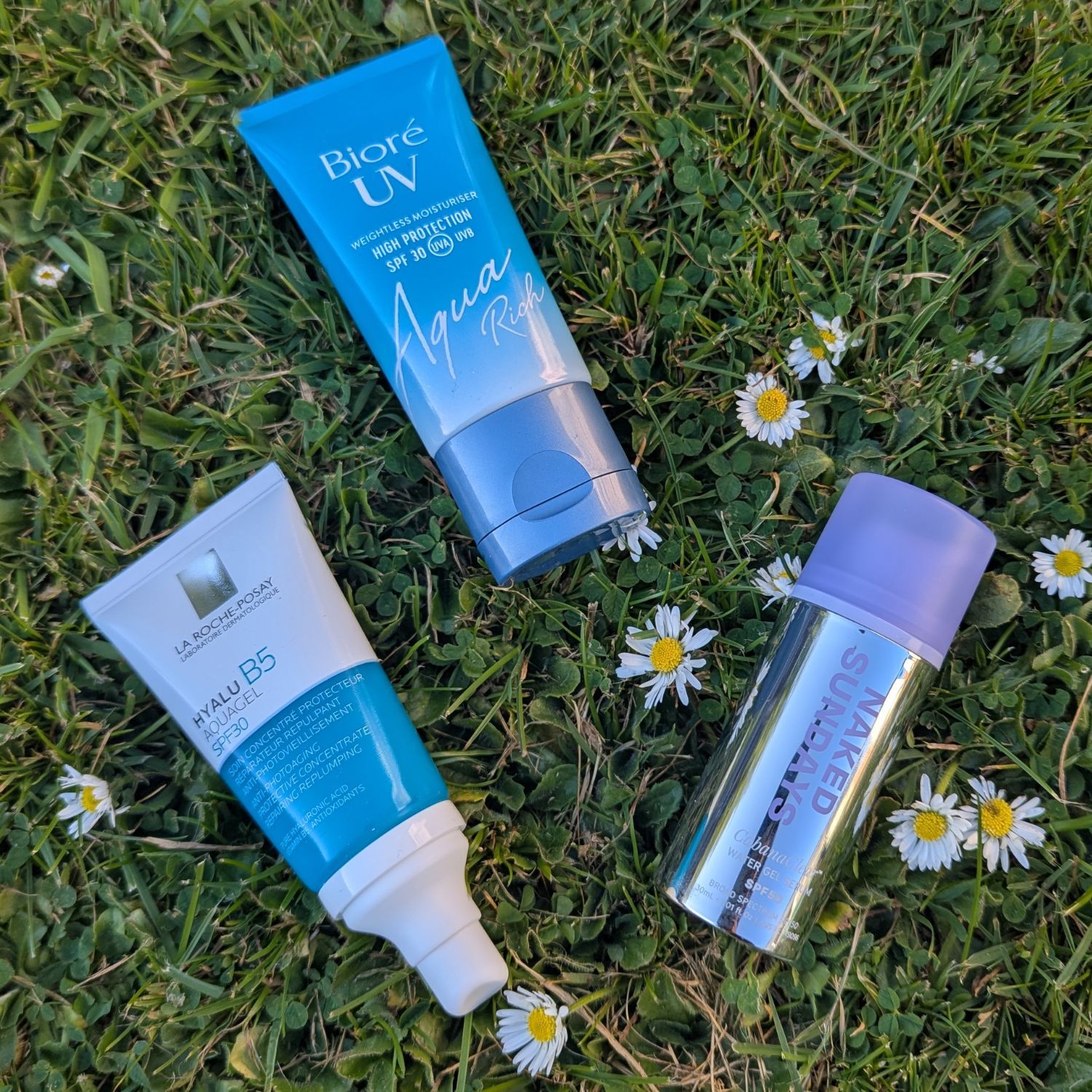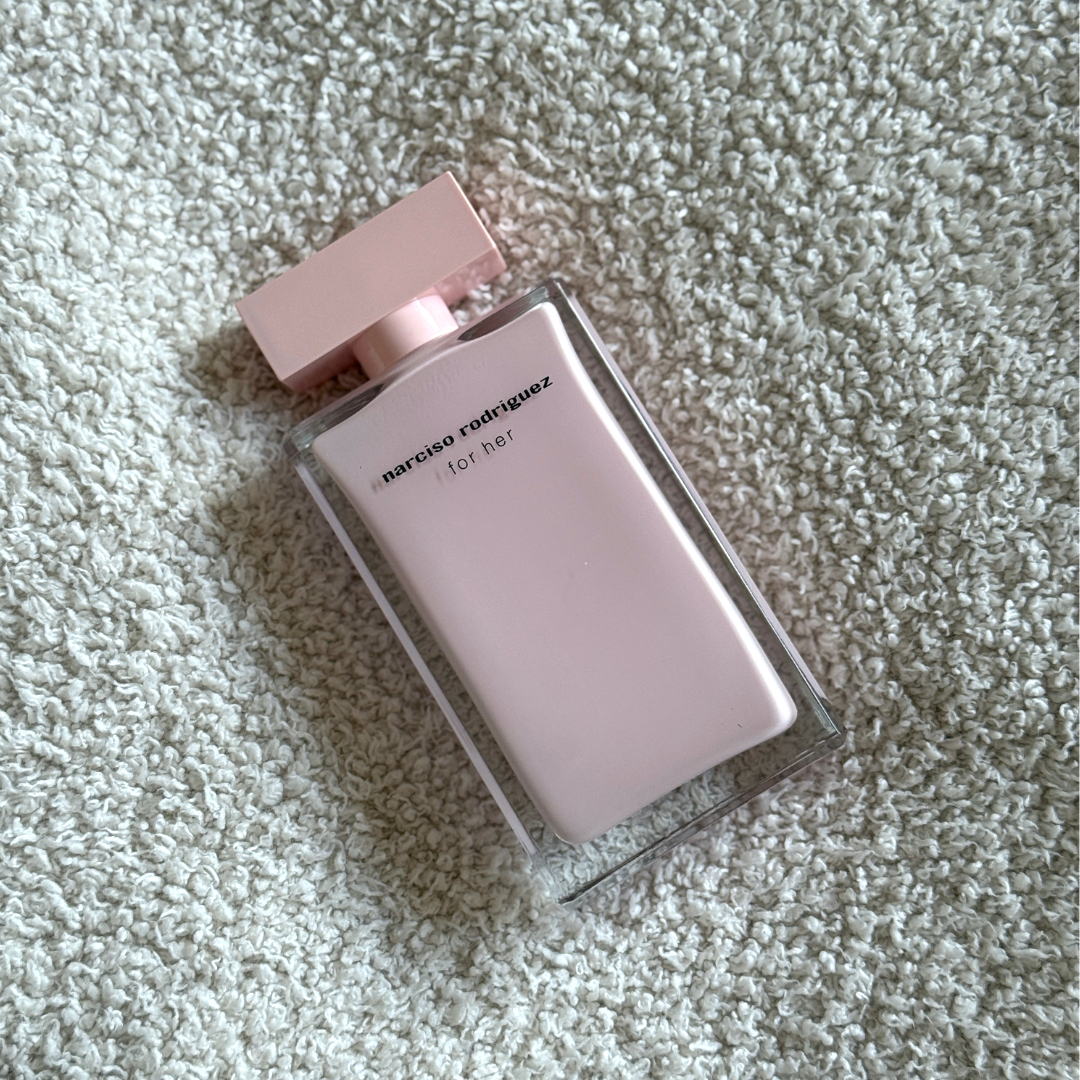It's time we talked about rape
It’s Sexual Abuse and Sexual Violence Awareness Week, and rape crisis centre trustee Lizzy Dening thinks it’s high time that all women feel safe mentioning the subject


It’s Sexual Abuse and Sexual Violence Awareness Week, and rape crisis centre trustee Lizzy Dening thinks it’s high time that all women feel safe mentioning the subject
Words by Lizzy Dening
I know it’s not exactly dinner party chat, but it’s vital that we start talking about rape. I hadn’t realised how hard it is to mention the subject until I joined the board of the Peterborough Rape Crisis Care Group. Rattling a collection tin? Forget it. Media coverage? It’s a hard sell. Local supermarkets refuse to include us in those green coin collection buckets, and for the past few months we’ve seriously debated removing the word ‘rape’ from our title altogether. Yet hiding from sexual violence doesn’t seem to be helping the problem – if anything, it’s exacerbating it. Our waiting list for emotional support is currently more than a year long, and sadly shows no sign of slowing down.
It's Sexual Abuse and Sexual Violence Awareness Week, and this year’s campaign is focused around the importance of talking. The #itsnotok campaign is encouraging everyone to get involved, because it’s not only vital that survivors have someone to confide in, but also that those not directly affected can create an environment that encourages discussion. Nothing – from tax returns to break ups – has ever been solved by wilfully ignoring it and hoping it will just go away, and it’s the same for rape.
Let’s talk numbers for a start. One in five women aged 16-59 has been affected by sexual violence of some form. That’s a staggeringly high figure – if it hasn’t happened to you directly, it still means that in every office, one of your female colleagues has been through it; in every family, one of your relatives has probably been violated in some way. It’s more than likely you’re unaware of what they’ve been through, or haven’t shared your own experiences. (And, of course, this is without mentioning the men and children who have suffered abuse too – who often find it even harder to know where to go to ask for help.)
Shame around the word will only increase shame in those who have been abused. Anything which makes it harder for someone to speak up is wrong, and I feel it’s our duty as women to raise the conversation, with our partners, with our friends and, to a lesser degree of course, with our children. Chats and debates about the issues of consent, victim blaming, the potential difficulties of reporting an offence and the treatment of high profile cases, such as Ched Evans, are all ways to loosen the stigma and enable those who need to speak out to do so.
We can easily see the effects of speech – so often, in cases from Jimmy Saville to the recent child abuse in football clubs, it just takes one or two brave individuals to come forward and talk about what they’ve been through to unleash the floodgates and allow numerous other survivors to speak out. The more open and honest we can be as a society, the easier we will make life for those who are living with a secret trauma.
Marie Claire Newsletter
Celebrity news, beauty, fashion advice, and fascinating features, delivered straight to your inbox!
Words can be damaging but they can also be transformative. Our Peterborough centre provides a vital safe space for women to speak without fear, and to relabel themselves - not as victims, but as survivors. It sounds strange, but it’s actually an incredibly positive place to be. Once the women and girls who visit us realise they are in a safe, non-judgemental environment, they are free to unburden themselves of grief and shame, and start to consider who they want to be from now on. It’s such a joy to watch someone who arrives looking broken, and, after weeks of work and support, leaves embracing a fresh start.
One of my favourite quotes is from a survivor who used the centre for more than a year, after a disastrous police investigation led her to overdose. She said: 'I do not feel afraid to swear, divulge my shame, or recount the narrative of my story.' And it’s this ability to allow survivors to not only recount, but rewrite their stories in their own words that makes talking so important.
We needn't be afraid of words like rape or sexual abuse, but we should fear the insidious growth of their actions. Talking won't necessarily change the numbers, but it just might make survivors feel more comfortable about seeking the help they need.
Words can be healing, so it's time we reclaimed them.
Find out more about Sexual Abuse and Sexual Violence Week at sexualabuseandsexualviolenceawarenessweek.org. If you’ve been affected by sexual violence, visit Rape Crisis England and Wales, rapecrisis.org.uk
-
 Anatomy Of A Wardrobe: TV presenter AJ Odudu is carving out her own lane, one show-stopping look at a time
Anatomy Of A Wardrobe: TV presenter AJ Odudu is carving out her own lane, one show-stopping look at a timeWatch as we take an exclusive look inside AJ's wardrobe
By Lily Russo-Bah
-
 I’ve searched high and low for the best lightweight SPFs—these hydrating, water-based ones are a total game-changer
I’ve searched high and low for the best lightweight SPFs—these hydrating, water-based ones are a total game-changerNo excuses
By Jazzria Harris
-
 This perfume has been an icon for over 20 years, and for good reason—it’s soft, elegant, and oh so feminine
This perfume has been an icon for over 20 years, and for good reason—it’s soft, elegant, and oh so feminineFeminine but not *too* sweet
By Lucy Abbersteen